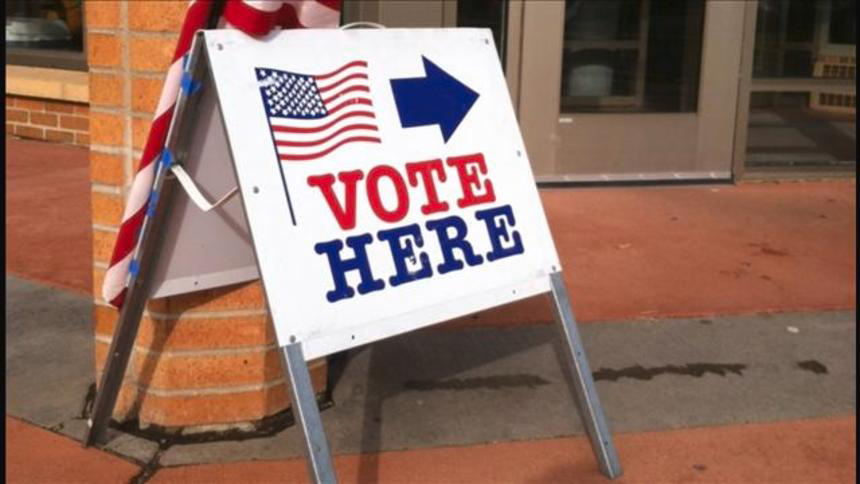News March 02, 2018
Political Swag Case Commences Before Supreme Court
Attorneys have fired the opening salvos in a U.S. Supreme Court legal battle about whether or not voters can wear political swag to polling places. The case, which has gained widespread media attention, has implications for the promotional products industry.

On Wednesday, the Supreme Court held the first hearing in a case that centers on a Minnesota law that bars voters from donning political apparel, buttons, hats and more when they come to polling places to vote. While all 50 states have laws limiting expression to an extent, only about nine have rules as broad as Minnesota’s regulations, according to press reports. As such, the court’s ruling could have national implications, setting a precedent that states nationwide will follow.
During the opening hearing, Supreme Court justices questioned attorneys for Minnesota and Andrew Cilek, the executive director of the Minnesota Voters Alliance, who has brought the suit. Cilek’s case is rooted in the argument that the North Star State’s law violates the First Amendment, being too broad, while leaving it up to the subjective judgment of poll workers to determine which messages are political – and thus prohibited -- and which are permissible.
As CNN and others reported, a number of the nation’s top justices were “troubled” by the breadth of Minnesota’s law. They were also scratching their heads a bit about how to establish a standard that would allow for free speech expression at voting places while also protecting the integrity of the electoral process.
Justice Samuel Alito seemed to share Cilek’s concerns about the broadness of Minnesota’s law and its reliance on the opinions of poll workers to enforce vague rules. “The problem is that so many things have political connotations, and the connotations are in the eye of the beholder," said Alito, who relatedly voiced worry about “arbitrary enforcement.”
Meanwhile, Justice Anthony Kennedy came at the issue from a different angle. "Why should there be speech inside the election booth at all?" he questioned. "You're there to vote.”
Represented by the Pacific Legal Foundation, Cilek’s legal challenge began after poll workers confronted him about a shirt with a Tea Party logo that read “Don’t Tread on Me”-- a shirt he wore when going to vote in 2010. While a lower court sided with Minnesota, believing the ban advances the government’s interest in “peace, order and decorum” at polling places, some analysts say that the Supreme Court appears likely to rule in favor of Cilek.
Ilya Shapiro, a legal and constitutional expert writing for the conservative Cato Institute, believes the Minnesota man will prevail. “The challengers will still win their case – only Justices Stephen Breyer and Sonia Sotomayor appeared firmly on the state’s side, so I’m still confident the margin will be more than 5-4,” said Shapiro, who also criticized the breadth of Minnesota’s regulations. “Minnesota’s law is so broad and gives so much discretion to poll workers that its enforcement is arbitrary.”
Attorneys for the state have filed documents with the court that argue that banning politically branded apparel and the like at polling stations preserves orderliness, while preventing “voter confusion and intimidation.”
"I think what's important to understand is the purpose of this prohibition is to protect the fundamental right to vote," Daniel Rogan, who is arguing the case for the state, has told the AP. He said he is unaware of anyone being issued a fine of up to $300 allowed under the law.
Analysts expect a decision in the case to be handed down by June or some other time this spring. Leaders in the promo industry have said they hope the court finds in favor of Cilek. Perhaps that’s not a surprise given the impact a nationwide precedent banning branded political gear at polling places could potentially have on sales of such items. But, at least for some promo leaders, the case goes beyond business to core constitutional principles.
“I believe people should be able to wear anything they want at a polling place,” Chuck Fandos, CEO of Facilisgroup, has told Counselor. “I believe it is part of a first amendment right we have in this country to support what we want to.”
